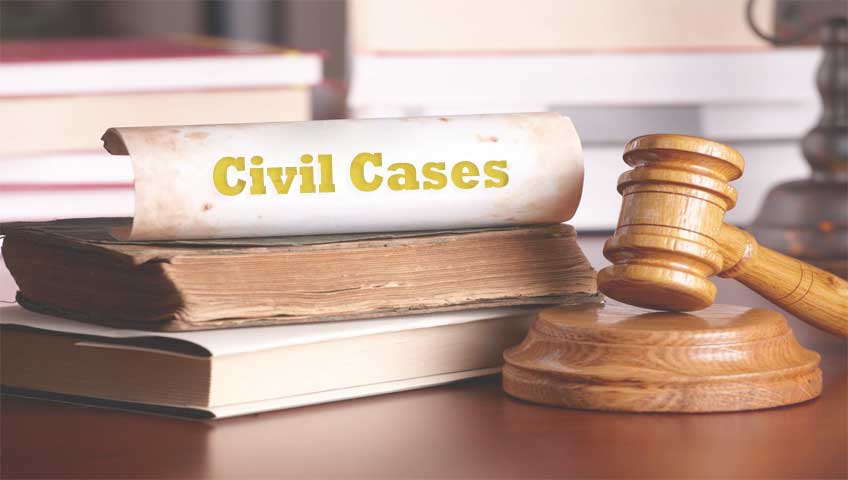
- July 8, 2022
- |Civil Law, Practice, And Procedure, Concise Law Reports (CLR)
CIVIL PRACTICE – URGENT APPLICATIONS: AN APPLICATION STANDS AND FALLS ON ITS FOUNDING PAPERS
The applicant lodged an urgent application seeking to interdict the respondent employer from proceeding with the process of recruitment of a position, pending the finalization of an internal grievance procedure launched by the applicant in an attempt to be permitted to participate as a potential candidate for the position. The respondents filed notices of opposition, but they had not filed not file answering papers yet, but given the state of the founding papers at that stage, SCHIMMING-CHASE, J found it appropriate to consider the applicant’s notice of motion and founding affidavit; whether the papers met the threshold which every applicant in an urgent application should meet, as required by Rule 73(3) and (4).
This would be in line with the principles of judicial case management, the integrity of the urgent roll, and judicial and other resources to consider the application as it stands, as it is trite that an applicant stands or falls by her founding papers and the learned judge made the following observations:
- The applicant did not seek an order that the court dispense with the forms and service provided in the rules nor did the applicant pray that the matter be heard as one of urgency. Referring to Kempinski Nature Reserve Estate CC v Square Foot Developers (HC-MD-CIV-MOT-GEN-2019/000317) [2019] NAHCMD 304 (27 August 2019) it was held that, the absence of the relevant prayer in the notice of motion was fatal and should result in the matter not being enrolled.
- The founding papers did not explicitly set out the circumstances that rendered the application urgent and the reasons why she was of the view that she would not be afforded substantial redress in due course.
- The applicant attached numerous annexures without properly identifying them and without appraising the court in any way or form the portions of the annexures she wished to rely upon for the relief sought. With reference to the Supreme Court Judgment in Nelumbu and Others v Hikumwa and Others 2017 (2) NR 433 (SC); an affidavit constitute both the pleadings and evidence and enables the court to define the issues between the parties; a litigant must ensure that all the evidence necessary to support the case is included in the affidavit; when reliance is placed on material contained in annexures, the affidavit must clearly state what portions in the accompanying annexures the deponent relies on; it is not sufficient merely to attach supporting documents and to expect the opponent and the court to draw conclusions from them.
As a result, the application was struck from the roll with costs for lack of urgency.
Ntemwa v NCRST NAHCMD 8 July 2022